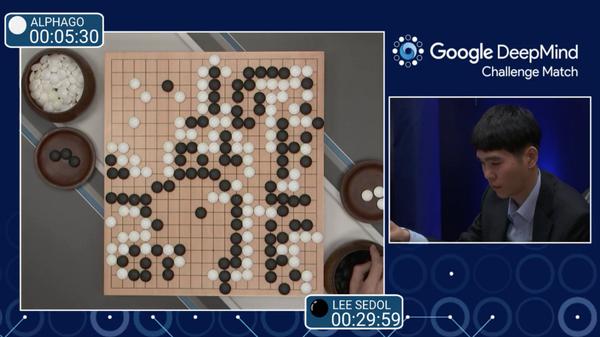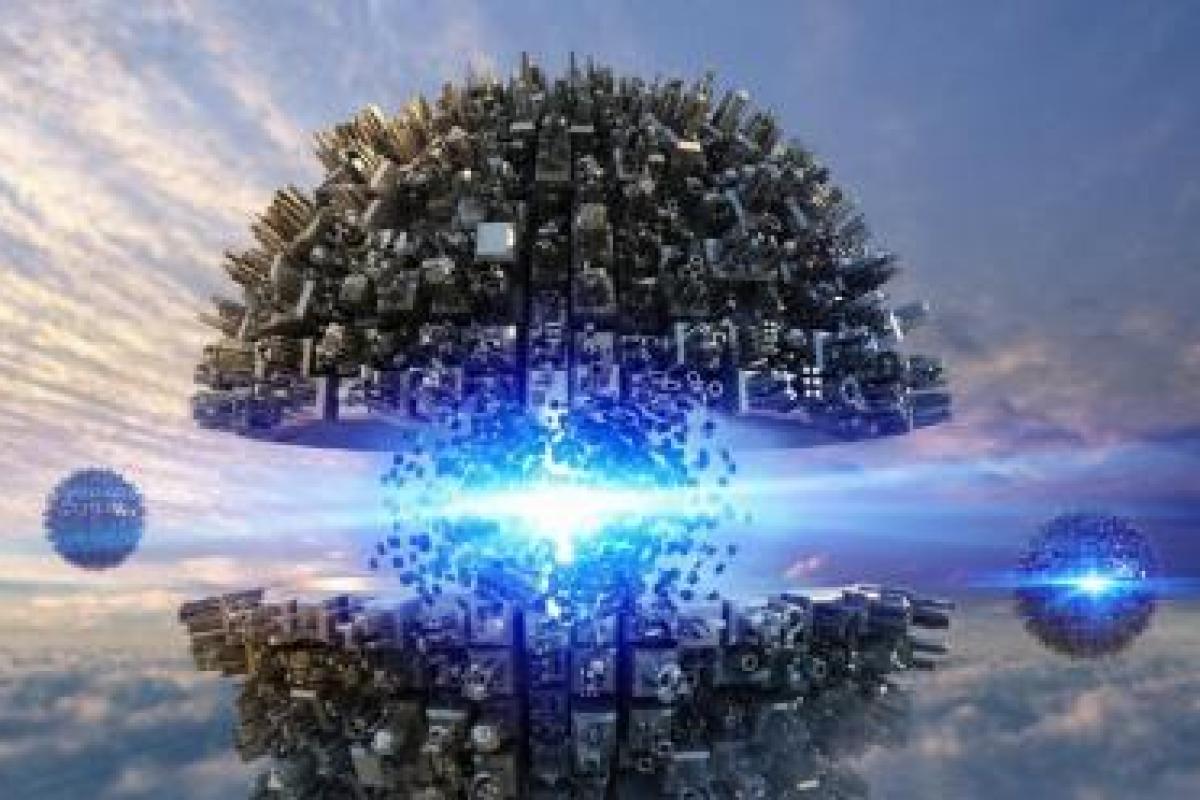In Arthur C. Clarke’s science fiction classic Childhood’s End, the world is taken over by a race of benign alien overlords.
They park giant space ships above the cities of Earth and proceed to direct human affairs. They eradicate war, poverty, hunger, and award shows. It’s Paradise. But like most paradises, this one contained a serpent.
I was reminded of this story walking around Cannes this year.
Everyone was talking about tech and data. The air was thick with rumours that the Tech Overlords had arrived. They had already colonised the beach. Google at one end, and Facebook at the other. Woe betide anyone attempting anything as analogue as going for a swim.
Was this the shape of things to come? People always moan at Cannes of course, but this year instead of moaning about the high price of drinks it was something closer to home. The future, and whether we had one.
These shiny technological toys were supposed to be handmaidens to creativity, but it seemed as if we had swapped places. Tech suppliers had become our competition, our clients and our partners all at once.

Two events in particular felt like symbolic landmarks. Google’s DeepMind beating a human in the ancient game of Go. And the mysterious film Eclipse, made by an AI director. The implications were clear. If you can have an AI film director, how long before you get an AI art director?
The speed of change can make you dizzy. It’s like being in a petri dish with the spores of information proliferating like a speeded up film.
Consider just some of the seismic events that bombarded us in June. Brexit, Tesla autopilot, SolarCity’s gigafactory, Trump, Hillary, the Chilcot report, precise gene editing in plants, reusable rockets, Brazil’s deepening recession, robots that teach each other, Zika virus in Rio, Tony Kaye released a VR documentary for Paul McCartney, harnessing energy from Wifi-power from the air… There is even a term for this. Future Shock. A sickness and sense of alienation in the face of the overwhelming and ungraspable waves of change. The term comes from a book of that name by Alvin Toffler, who also coined the phrase Information Overload. The surprising thing is, he wrote it in 1970. This was before the internet, when information was a trickle compared to the tsunami we face today.
What is to be done? Even to ask the question is to feel like a Luddite. A farmer, yearning for the good old days of the plough instead of the tractor. Should we surrender and say this is the future, get on with it? Or should we rally and fight back? Return to the Palais and make a stand for the core truth of advertising, by concentrating on what it is we do well, and have always done well.
Great advertising has always been about touching the heart, moving people with big emotion and big stories. Tech are the pipes, but without ideas that touch the human heart they are empty pipes. Data without creativity is Wikipedia. It can be superficially attractive, even mesmerising for a while. But you need Deep Heart as well as DeepMind.
The Go example is instructive. For a long time the Holy Grail of AI was to design a computer that could beat a human at chess. They eventually succeeded by using brute force calculation, the way a bulldozer will beat a man with a spade. But Go was far too complex and subtle, and in order to beat it Google gave a machine something they said it could never possess. Intuition. DeepMind managed to acquire it by dividing its own neural networks and playing itself in thousands of games of Go and learning as it went.
Does this mean other human traits are only a matter of time? Will machines be writing poems or ads? Telling jokes? An AI Burroughs and Keats? What about other human failings? Pride, vanity? In 2001 A Space Odyssey, the rogue computer HAL acquired an ego and tried to commandeer the ship. Maybe our AI art director will take take on adland and challenge the moguls.
But perhaps the real question is not whether a machine can tell jokes, but this: Can a machine cry? To touch people, to move them, you need, dare I say it, a capacity to suffer. Would it even be ethical to give an AI robot the ability to feel pain? Just think of all those shoot ‘em up games.
You have to be fallible and vulnerable to write like Hemingway or shoot a film like Alejandro Iñárritu. That is, you have to be human. Maybe this – traditionally seen as our weakness – is really our strength. When the glitter of tech and data and all the other new toys wears thin, we will still need stories.
In the meantime we must soldier on, and utilise that other peculiarly human virtue: courage. Forget the beach, return to the Palais, stick to our guns. Be brave. And remember the words of an old Nike ad, one that I doubt a bot will ever be able to write. The meek may inherit the earth, but they won’t get the ball.
This piece first appeared on ogilvydo's site here.
